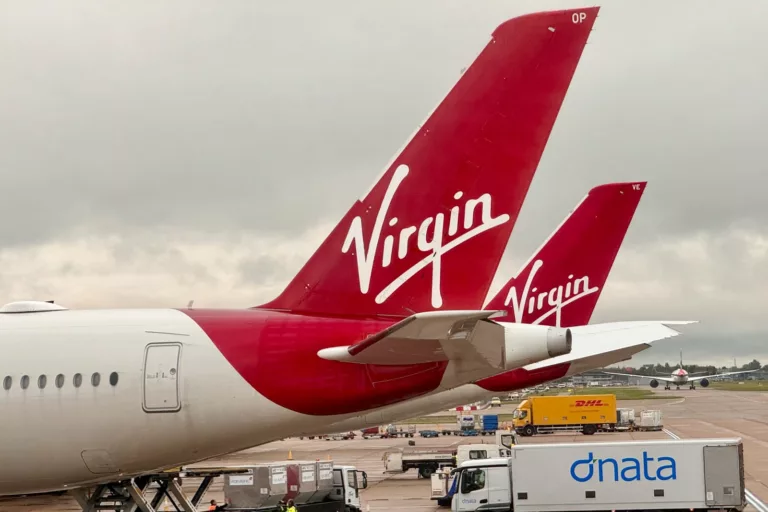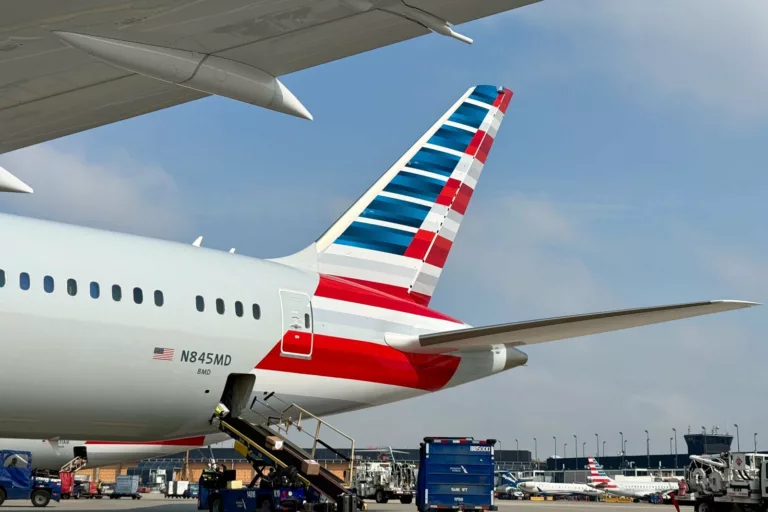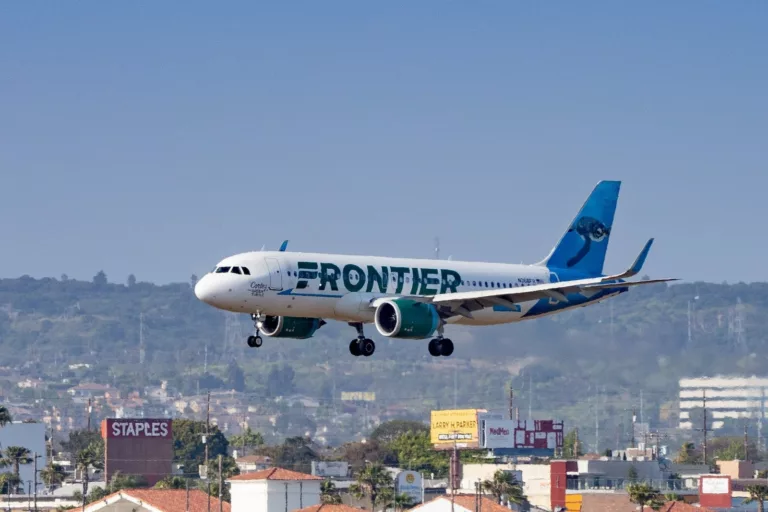Navigating EU261 Compensation: Your Guide to Airline Delays
Experiencing a flight delay, cancellation, or downgrade can be incredibly frustrating, especially when you believe you’re entitled to compensation under EU261 regulations. Unfortunately, many airlines often deny these claims, citing vague “extraordinary circumstances” to evade responsibility. This article aims to equip you with the knowledge and strategies to effectively pursue your EU261 compensation rights, ensuring you are not left stranded without recourse.
The EU261 regulation, established by the European Commission, mandates that airlines compensate passengers for certain flight disruptions. If you find yourself in a situation similar to Jonathan Hay, who faced a canceled flight home from the Azores last summer, you are not alone. Hay’s journey to claim compensation illustrates both the challenges and the potential rewards of navigating the EU261 process.
In July, Hay and his family enjoyed a two-week vacation in Portugal and the Azores, culminating in a flight back to Boston. However, their plans were derailed when Azores Airlines delayed their flight multiple times before ultimately canceling it. Feeling abandoned and unsure of what to do next, Hay quickly arranged accommodations for his family, incurring nearly $1,000 in unexpected expenses. Yet, he remained optimistic about his rights under EU261, which entitles passengers to compensation for long-haul flights canceled under certain conditions.
Upon returning home, Hay began his quest for compensation, expecting a straightforward process. However, he encountered immediate obstacles. Azores Airlines lacked a dedicated EU261 claims form, forcing him to submit a general complaint and wait for a response. After six months of follow-ups, he received only automated replies, indicating a backlog of complaints.
Feeling frustrated, Hay reached out to the national enforcement agency in Portugal, the Autoridade Nacional da Aviação Civil (ANAC), hoping for assistance. Instead, he received a form letter stating that ANAC could not process refunds and suggested he continue working with the airline or consider legal options. At this point, Hay contemplated hiring a third-party service to handle his claim, which typically charges around 30% of the compensation amount.
Instead, he turned to The Points Guy (TPG) for help. After reviewing his correspondence with the airline and ANAC, I advised Hay to escalate his claim. It was clear that his previous attempts had not reached the right people at Azores Airlines. I submitted a request to the airline’s executive team for an expedited review of his case and encouraged him to file a formal complaint with ANAC using their online form.
While it took an additional eight weeks, Hay eventually received confirmation that Azores Airlines would compensate each family member €600, totaling €4,200 ($4,900), in addition to covering most of their hotel, food, and transportation expenses. This outcome not only reaffirmed Hay’s status as the “travel hero” of his family but also highlighted the importance of persistence in the face of airline bureaucracy.
Understanding EU261 is crucial for travelers. Here are the key steps to ensure you receive the compensation you deserve:
1. Know Your Rights: Familiarize yourself with the EU261 regulation, which applies to flights departing from Europe or operated by EU-based airlines. Compensation varies based on flight distance and the nature of the disruption.
2. Document Everything: Keep records of your flight details, including dates, flight numbers, and any communications with the airline. Retain receipts for any out-of-pocket expenses incurred due to the disruption, as these may be reimbursable.
3. File Your Claim: When submitting your claim, clearly state that you are requesting EU261 compensation. Use the correct forms available on the airline’s website, if applicable. If you encounter difficulties, don’t hesitate to reach out to customer service directly.
4. Follow Up: If your initial claim is denied, request a specific reason for the rejection. Persistence is key; follow up regularly until you receive a satisfactory response.
5. Escalate If Necessary: If you’re unable to resolve the issue directly with the airline, file a formal complaint with the national enforcement agency in the country where the airline is based. Include all relevant details to support your case.
6. Seek Help: If you feel overwhelmed or stuck, consider reaching out to advocacy organizations or travel experts who can assist you in navigating the claims process.
The EU261 regulation was designed to protect passengers from the financial implications of flight disruptions. However, airlines often exploit loopholes to avoid compensation. By understanding your rights and taking proactive steps, you can increase your chances of receiving the compensation you are entitled to.
In conclusion, while the process of claiming EU261 compensation can be daunting, it is essential to remain informed and persistent. By following the steps outlined above, you can empower yourself to tackle airline delays and cancellations effectively. Remember, you are not alone in this journey, and resources are available to help you reclaim what is rightfully yours. Safe travels!







